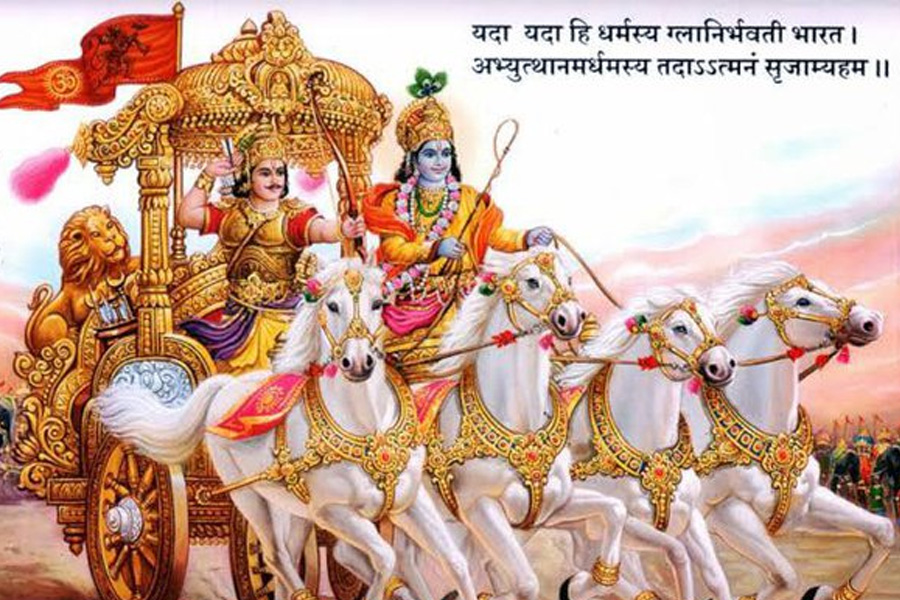
The epics Ramayana and Mahabharat have indeed helped Indians to remain calm and composed in the flux of turbulent times, and evolve into an accommodating society.
Author
Jagdish Batra, Professor of English, O.P. Jindal Global University, Sonipat, Haryana, India.
Summary
The recent announcement regarding the inclusion of epics like Ramayana and Mahabharat in the history syllabi of students studying in schools has raised heckles in some quarters. Mainly the criticism is not about the desirability of studying these epics, but about their inclusion in the history segment on the ground that these epics are myths, and we have been taught that myths are all false.
The history of the ancient period will now be studied under the rubric of the classical period. In this respect, it would be fruitful to be clear about what we mean by history. History, as we know, talks of kings and queens, of murders and wars, and of the buildings constructed as also some references to the administrative policies of rulers. As for the use of history, we are told that the knowledge of history is necessary for ascertaining our identity and informing us about the wrongs and right actions so that we form a better idea of our future.
Now, to think that the past history with all its confusing detail of wars and changing geographical maps under different rulers gives us true identity seems a bit far-fetched. As for the use of history, Times of India edit (25 November) rightly quotes Seamus Heaney to say that history is “as instructive as an abattoir.” Another great poet T.S. Eliot said that history gives us too little too late. Indeed, it carries logic that if mankind had really drawn the right lesson from history, there would have been no wars now in the world and it would have become a real heaven on earth. But, regrettably, history is used for “score-settling” and it is in a revengeful mood that we absorb history.
Published in: The Times of India
To read the full article, please click here.

